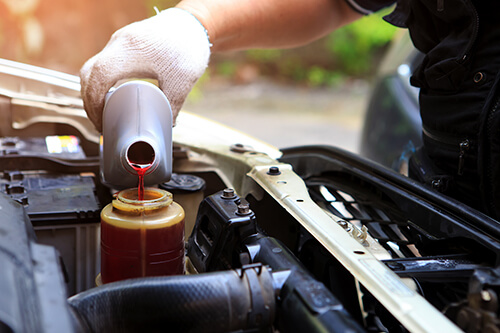Car Care During Summer
Jul 27, 2020

Summer is hot and there is so much to do. The kids are home, the fields are green, and everyone has a very busy schedule. It’s so hard to fit everything in. Is routine car care on your list of things to do? Next time you check your car or take it to your local Co-op Car Care Center, make sure these things get checked to ensure you care is in its best shape to keep you and your family safe.
These are just a couple part of your car that need to be examined during summer. Don’t let car care be a thing that slips your to-do list this summer. Turn to your local Co-op for help and advice when it comes to caring for your car’s oil, tires, and more. Safe driving!
- Oil
- Coolant
- Tires
These are just a couple part of your car that need to be examined during summer. Don’t let car care be a thing that slips your to-do list this summer. Turn to your local Co-op for help and advice when it comes to caring for your car’s oil, tires, and more. Safe driving!